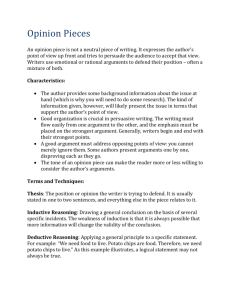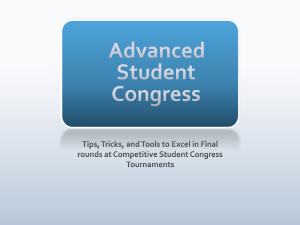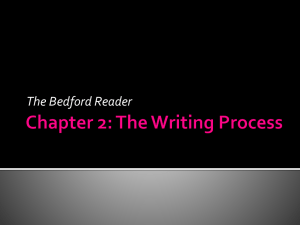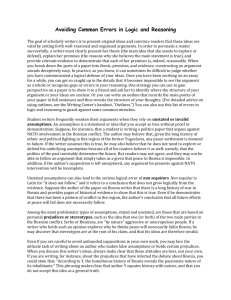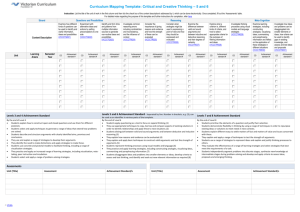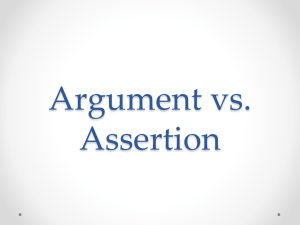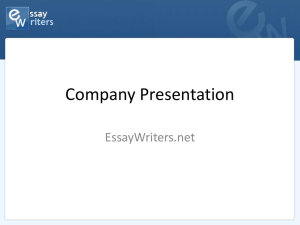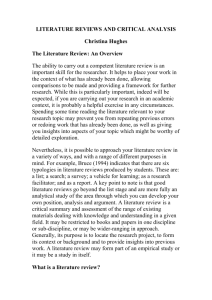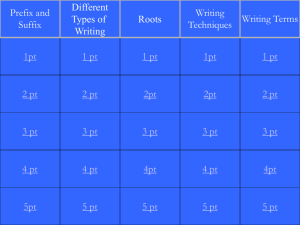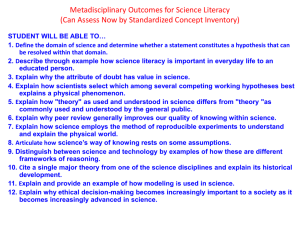Avoiding Common Errors In Logic & Reasoning
advertisement
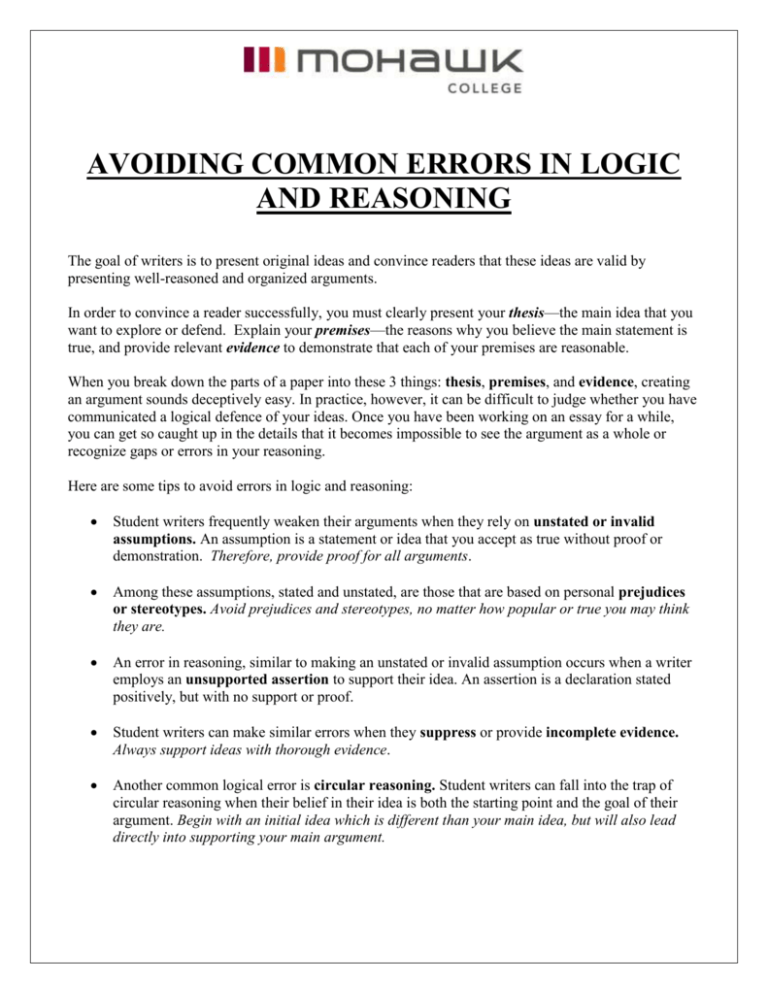
AVOIDING COMMON ERRORS IN LOGIC AND REASONING The goal of writers is to present original ideas and convince readers that these ideas are valid by presenting well-reasoned and organized arguments. In order to convince a reader successfully, you must clearly present your thesis—the main idea that you want to explore or defend. Explain your premises—the reasons why you believe the main statement is true, and provide relevant evidence to demonstrate that each of your premises are reasonable. When you break down the parts of a paper into these 3 things: thesis, premises, and evidence, creating an argument sounds deceptively easy. In practice, however, it can be difficult to judge whether you have communicated a logical defence of your ideas. Once you have been working on an essay for a while, you can get so caught up in the details that it becomes impossible to see the argument as a whole or recognize gaps or errors in your reasoning. Here are some tips to avoid errors in logic and reasoning: Student writers frequently weaken their arguments when they rely on unstated or invalid assumptions. An assumption is a statement or idea that you accept as true without proof or demonstration. Therefore, provide proof for all arguments. Among these assumptions, stated and unstated, are those that are based on personal prejudices or stereotypes. Avoid prejudices and stereotypes, no matter how popular or true you may think they are. An error in reasoning, similar to making an unstated or invalid assumption occurs when a writer employs an unsupported assertion to support their idea. An assertion is a declaration stated positively, but with no support or proof. Student writers can make similar errors when they suppress or provide incomplete evidence. Always support ideas with thorough evidence. Another common logical error is circular reasoning. Student writers can fall into the trap of circular reasoning when their belief in their idea is both the starting point and the goal of their argument. Begin with an initial idea which is different than your main idea, but will also lead directly into supporting your main argument. When student writers defend an opinion or a controversial thesis, they sometimes inappropriately try to persuade their readers by appealing to emotions instead of composing a careful, reasoned argument. Avoid emotional persuasion. Student writers also need to be careful to avoid false or faulty analogies. Analogies are comparisons, and writers can use them to illustrate points, but not to replace arguments. Avoid excessive use of, or debatable analogies. Sources: http://web.princeton.edu/sites/writing/Writing_Center/Handouts/logic&reason.pdf Developed by: The Communications Centre / Ashley Ethier / January 2008
